October has been a busy month in my town, I helped organize five health assemblies as part of a research project being conducted here, and also helped organize a community health commission assembly that was co-hosted with a local NGO (Non-Governmental Organization), PIES de Occidente. I was amazed by the number of the people who attended these events, though getting the word out to the various communities here is a bit of a challenge due to the fact 99% of the time people in my site walk to where they need to go around town. Many own cars, such as my host family, but they are normally too expensive to use to over relatively short distances that can be walked. Here is a picture of a health assembly in my town.
When Peace Corps described my future site as being in the western mountainous highland regions of Guatemala . . . they really meant it! Many times it seems that people in my community have done the impossible by building a home on the side of a mountain and or put tiendas, or shops, on twisting dirt mountain roadways that are little more than wooden shacks supported by logs pylons beneath them. Here is a video of the hill just outside my house!
I frequently travel to outlying health posts in my community, and this means an hour-long hike, though I am quite glad to have the opportunity to exercise in the morning. During Pre-Service Training (PST), the training period before being sent to my town for two years of service, I mentioned that one of my hobbies was hiking, so quite possibly because of this I was sent to an especially mountainous town, and it really is a hiker’s paradise where I live. Here some photos from around my town.
However, the terrain here makes spreading community news a challenge. Also, though most people here have cell phones, but like Americans who wouldn’t willingly submit their phone numbers to telemarketers, people here are reluctant to give our their phones numbers. Even so, just making a phone call can be very expensive. There are two cell phone providers here, Tigo and Claro, and calling the phone number of somebody with a different provider can be expensive, so expensive that some people have subscriptions to both services and carry around two cell phones with them. Calling 200+ people for a health assembly is beyond the means of most Guatemalans, and I probably don’t even have the minutes on my generous Peace Corps provided calling plan!
As the research project came with funding for doing anuncios (or announcements), we paid for gas so that our health workers could use the health center’s truck, and megaphone, to announce the assemblies a day, or so, before they happened. We also put out flyers in commonly frequented areas of the community, but of course these miss those who can’t read well, (or at all), and those who wouldn’t think to read them. Here is a video of us doing anuncios with a large (crazy super big!) megaphone.
A Video of Us Doing An Announcement for a Health Assembly
For the community health commission assembly meeting we didn’t have the funds to pay the $7 or so for gas to use the health center truck to do announcements, so groups of us traveled on foot to the four communities served by our health post. We went door to door, telling people we saw about the health assembly event, and we probably hit one out of every four houses in one community I visited with them. One of the community health promoters I worked with even suggested we skip some houses as too many people might show up! In the end, we got a moderate number of people, 80 to 100, to come to this event. To visit all four communities served by our health post, it took several days of door-to-door visits. Here is a photo from one of those excursions.
Some rural communities in Guatemala have local, (and probably unofficial), radio stations which broadcast programs, some with religious themes, that sometimes will allow people to make community announcements for free. Unfortunately, no such radio stations exist in my town. Neither is there a local news program on television, so most of what people know about the goings-ons in their local community is probably passed on by word of mouth and ever present “chisma” or gossip. This is problematic as word of mouth communication isn’t necessarily timely, and like the game “telephone” important information can become garbled as it finds its way to more rural locations.
As Peace Corps does provide something like 200 free text messages per month on our family calling plan (I can also call staff and other volunteers for free using their four digit code!), I recently let the nurses at one health post use my cell phone to send text messages for a pregnant women’s group last week, and attendance improved from just 4 women attending to around 17! Doubtlessly, as cell phone services become cheaper in Guatemala, this will have a secondary effect of improving the health of women and children here as it will allow health care personnel to do their job more efficiently.
1,817 total views, 1 views today
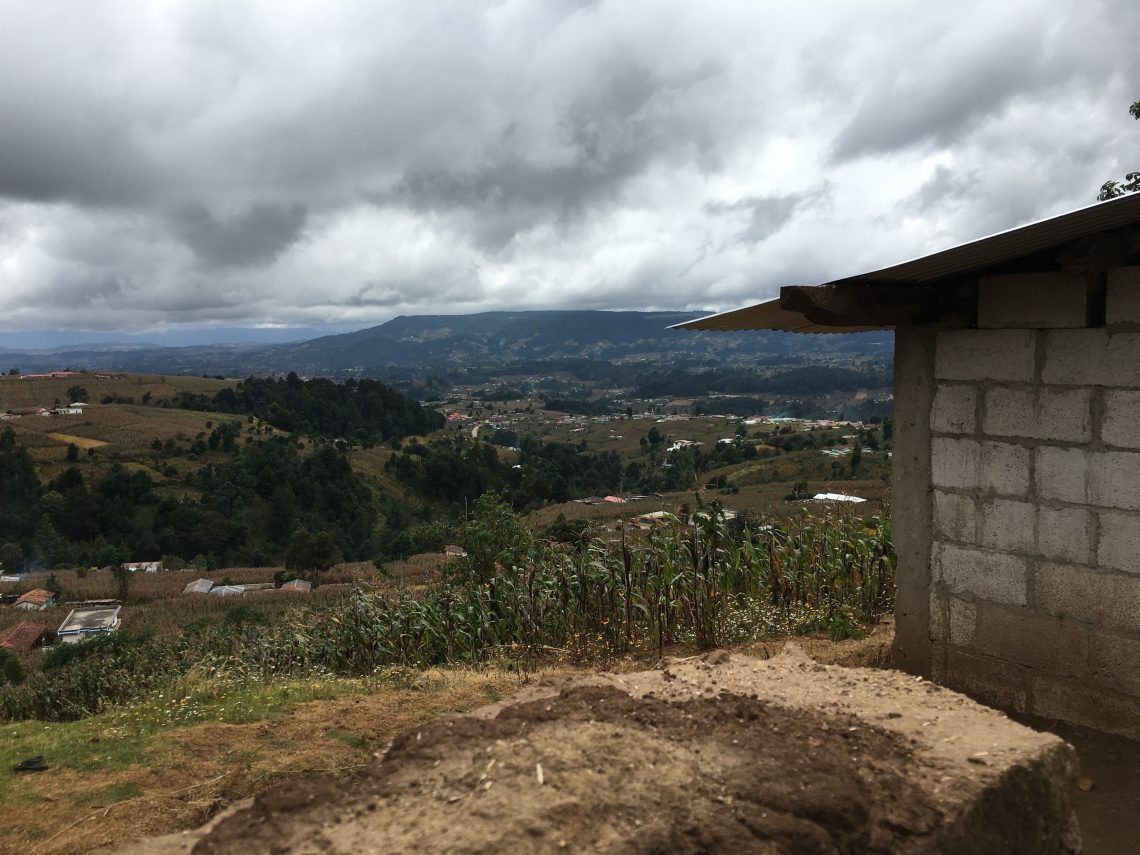
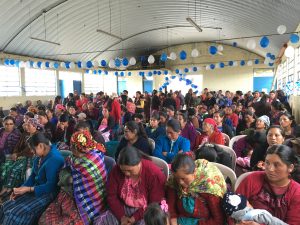
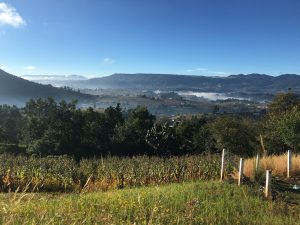
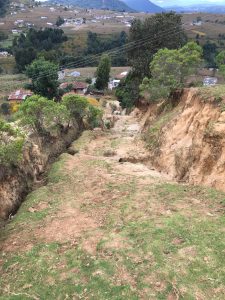
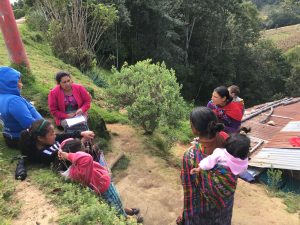
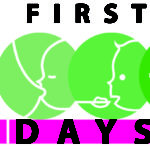
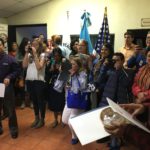
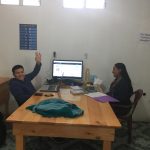
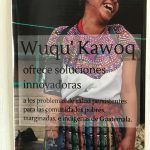

Comments by Mateo
Peace Corps Guatemala: Daily Activities 3: Women’s Group Handwashing Charla
Hi Emilio, I like your blog! I will send a postcard to ...